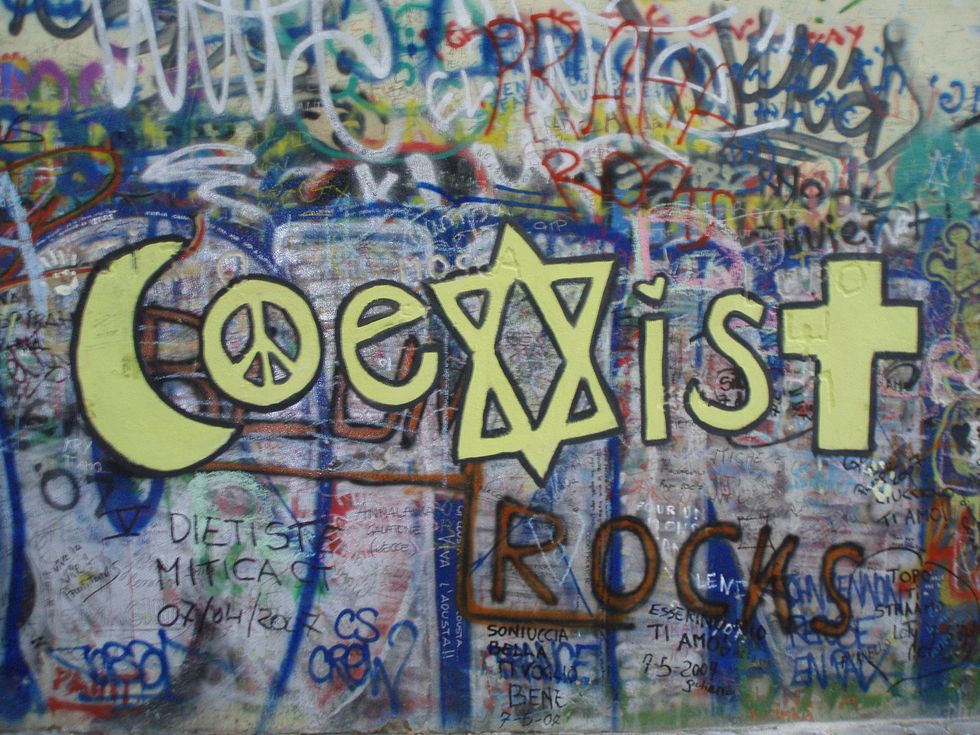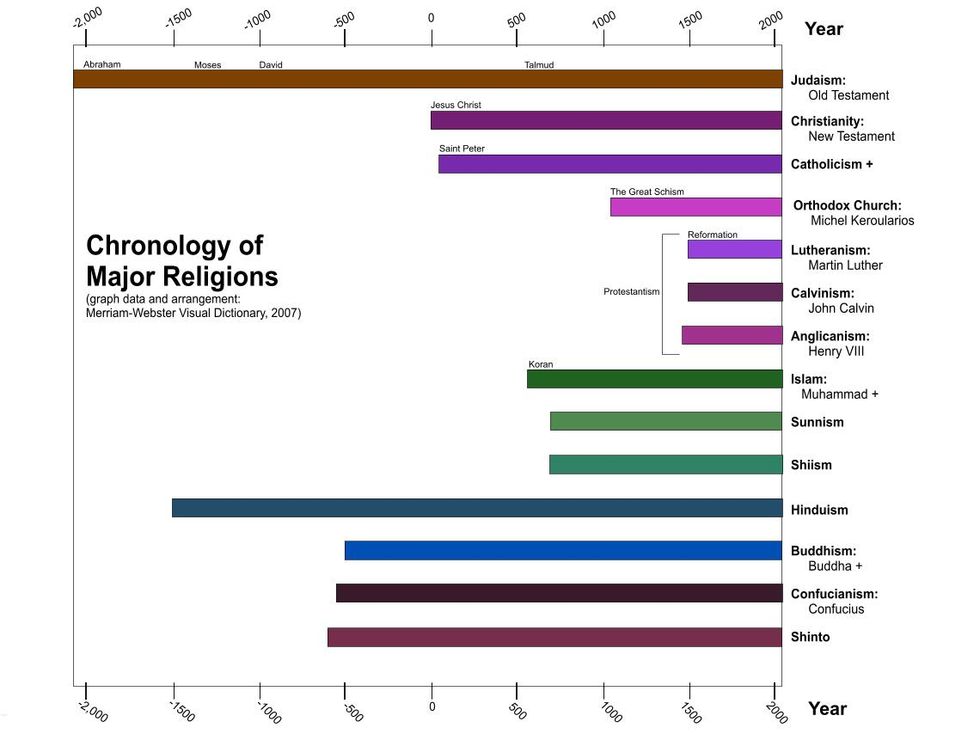Religion in a nutshell
What is the role of religion?
Religions provide people with rituals, traditions, and different forms of worship. They allow for order to be maintained in the world and lookout for the well-being of its members. Different religions give people an explanation of how the world was created, how the world works, and how individuals fit into that world. It can give people an identity and a community they can belong. Religion provides a moral code for people to follow. It gives them an outline on how to treat others and how to treat themselves. Religions often offer individuals a way to perfection, be that during and after life.
Characteristics of religion
Every religion has a set of beliefs and a group of followers that are believers. These believers carry the religion and help to expand it across the world. Most religions have different sacred texts and writings for their followers to read and follow, some are free to interpret, others are to be followed. Religions across the world have a code of ethics that help maintain order. They have different rituals and celebrations are a main staple in different religions.
How religions change
Like anything else in the world, religions adapt to their environment and change with social, political, and ethical changes in the world. These changes are due to positive and negative interactions
How religions interact
Buddhism and Hinduism are two of the most common polytheistic religions, these two share common beliefs. On the other end, Judaism, Islam, and Christianity are three of the major monotheistic religions. Interactions between these religions have resulted in many positives. Among them are the creation of Buddhism, there have been times where Muslims have been encouraged to defend the Christian faith from aggressors in certain situations, and the creation of Christian denominations over time Along with positives come negatives. Some of those negatives consist of Islam splitting into Sunni and Shiite Muslims. This would not necessarily be a negative, but since the split there has been a lot of conflict which is still around today and the continued conflict over land (Jerusalem in particular).
How religion is spread
http://www.mapsofwar.com/ind/history-of-religion.html
A main factor in the spread of different religions is cultural diffusion. This is the spread of beliefs and ideas from one group to another. This has been aided by different factors. Imperialism was one of these major factors and lead to religions spreading to different parts of the world, such as North America and Africa. Trade routes, similar to imperialism, allowed religion to spread quickly and easily to different people. Some of these trade routes include the Silk Road and Sub-Saharan trade routes. People also played a key role in spreading religions, especially those where spreading a belief is part of said religion. Monks, disciples, Mansa-musa, pilgrims, and missionaries are different people that have spread their religions to different people.
How religions are influenced
Like I mentioned before, religions are often influenced by other religions. On top of that there is a clear influence from charismatic leaders. Ashoka, Siddhartha, Moses, Abraham, Muhammad, Jesus, and disciples are different examples of people that have influenced both the spread and growth of different religions.




















